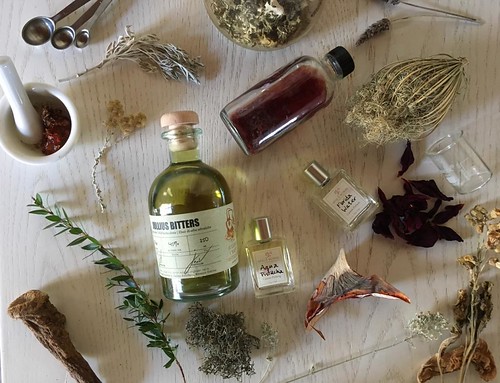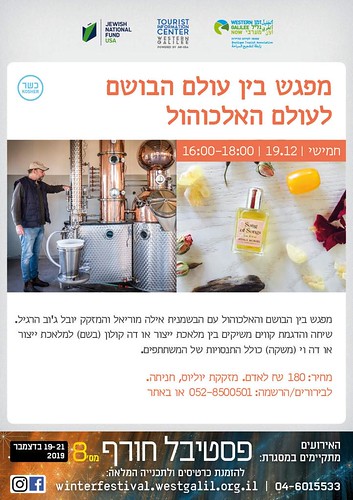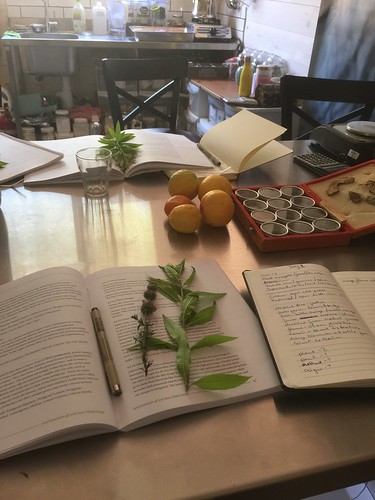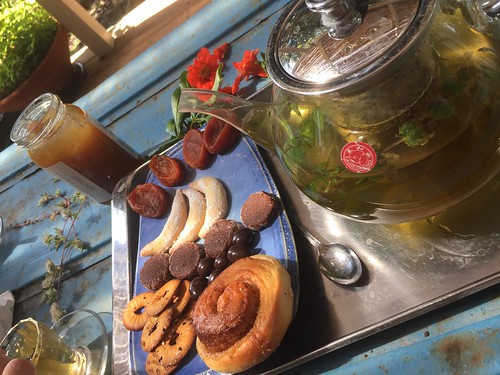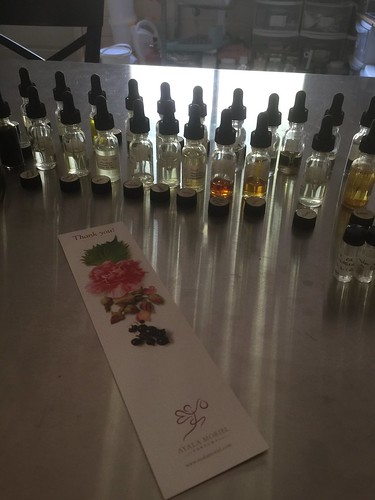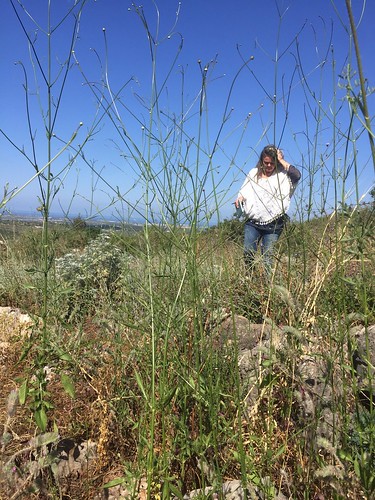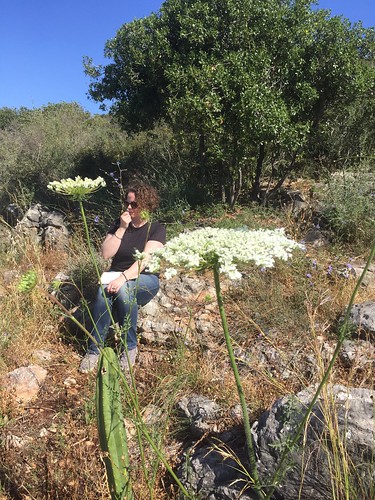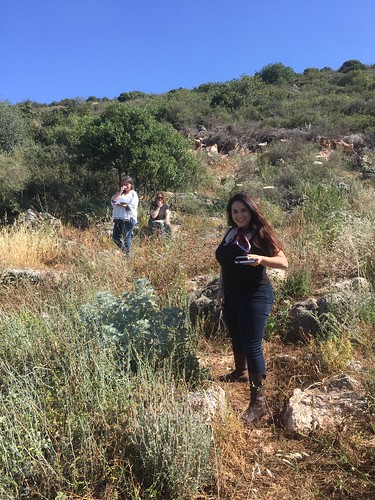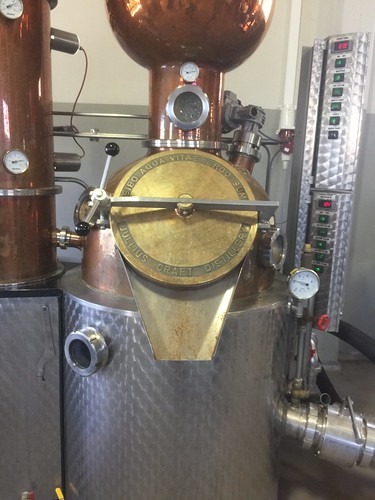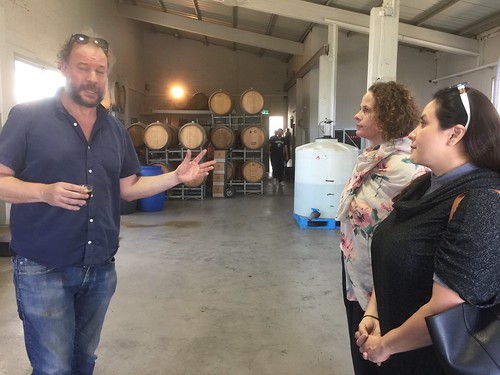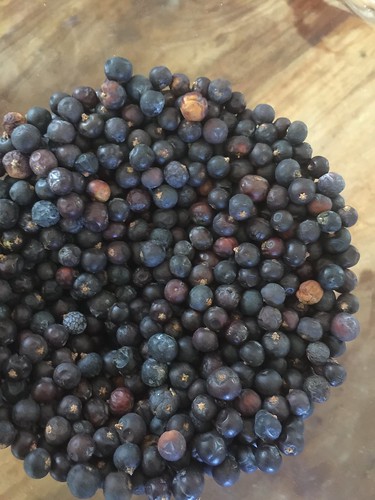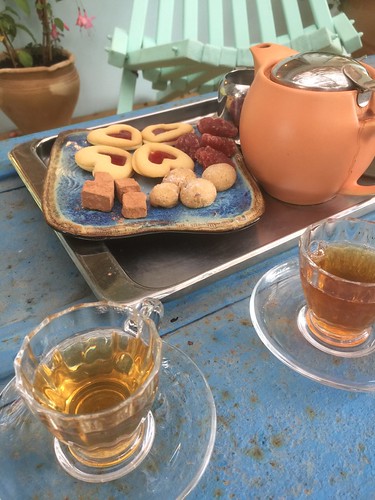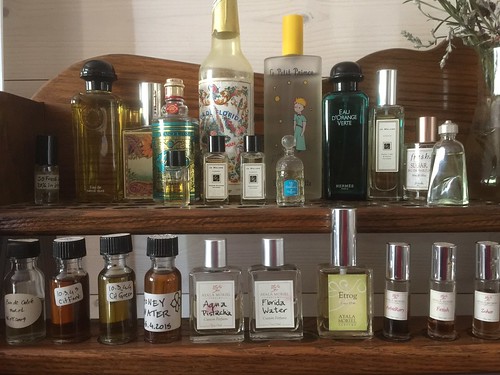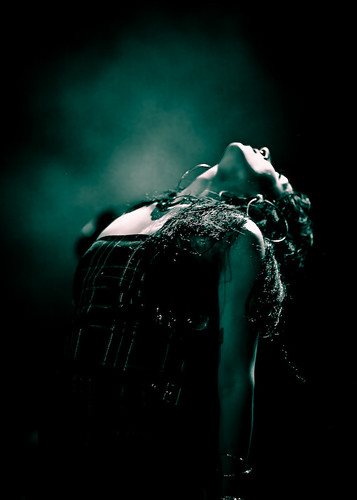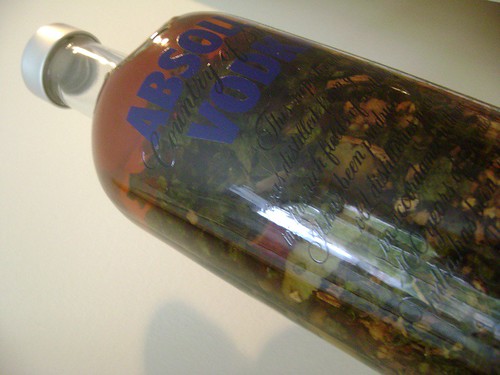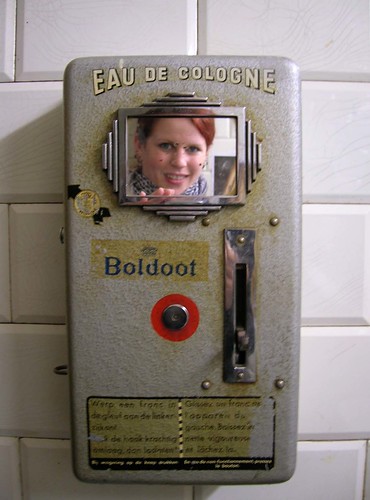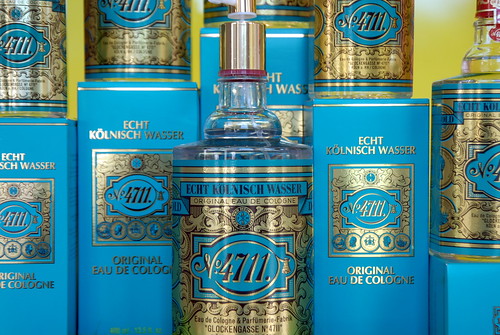New: Aqua Mirabillis Collection
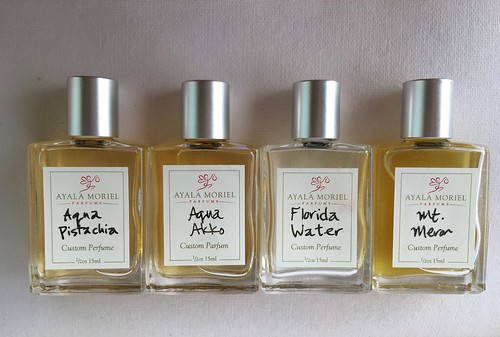
I wasn't planning on releasing any new perfumes this year. But this kinda just happened, as a result of the wonderful and inspiring collaboration with Jullius Craft Distillery. Some of these fragrances were created a long time ago but were never added to the online store, such as the Agua de Florida (Florida Water) I made way back in 2013, and the Aqua Pistachia (mastic lentsik waters), which I created in 2018, after the inspiring Mastic Magic workshop I held here at the studio with Dan Riegler of Apothecary's Garden.
So without further adieu, I present to you an Aqua Mirabillis Collection of fragrant eaux: Cleansing and purifying waters, inspired by Aqua Mirabillis formulations from the time before perfumery separated from medicine, and the pharmacy was fragrant and redolent of healing herbs.
These Medieval "Miracle Waters" were the first alcohol-based perfumes in Medieval Europe. Citrus peels, along with astringent herbs, were tinctured into what was called then “Aqua Mirabillis” AKA Miracle Water – were used both internally as medicine, and externally as disinfectant, for relieving sore muscles or simply as a substitute for bathing. Inspired by these ancient concoctions, and the abundance of healing plants in the Mediterranean wilderness surrounding the new studio in Clil, our collection of Aqua Mirabillis was born. These are perfumes for external use only, featuring ingredients rarely found in perfumery, which I grow, harvest, forage and tincture all by hand in the traditional old ways. Ingredients such as mastica, varthemia, vitex, wild oregano, thyme, sage, mint and more find their way into these fine fragrances that create a sense of well-being and connection to the Earth.
Agua de Florida
Spanish fro Florida Waters, these mean "Flower Water", due to the higher proportion of lavender relative to the European-style Eau de Cologne, as well as some rosewater. Other New World botanicals include lime zest, cinnamon bark and clove buds. And to give it a local, Galilee twist: Mediterranean lavender, AKA Spanish Lavender (Lavandula stoechas) tincture from my herb garden, Grapefruit blossoms from my own orchard lend their sensuous allure. And a hint of tobacco for its sacred and protective properties. Use these Agua Florida to freshen up during the hot summer months, and in ceremony for purification at the end of a healing ceremony which involved release of pain, grieving, tension and general heaviness.
Aqua Pistachia
Mastic resin is the original chewing gum, and is used to flavour Middle Eastern ice creams and desserts; the leaves also are beneficial for oral hygiene but also prevent ulcers and have myriad of health benefits and medicinal uses, including uterine health. But most of all they are the most refreshing fragrance around. They smell forest-like without having a single pine needle in them. What I tried to recreate with this scent is the icy, brisk scent of hail on a cold winter morning in the Galilee. There are no words to describe the smell of the mastic bushes when they clash with these icy forms of precipitation. So I will let Aqua Pistachia speak for itself.
Aqua Akka
Cleansing and purifying waters, inspired by Jullius Distillery's Akko Gin - a wild gin that is made entirely of local botanicals indigenous to the Western Galilee. To translate it into a fragrance, have combined several green, leafy botanicals that I find while roaming the Western Galilee and Mount Meron. Some traditional to gin, such as juniper berries; and others completely out-of-the-box, such as vitex berry and myrtle leaves. Cedar from the Morocco is here to replace Cedar of Lebanon, one of my favourite trees and destination while hiking on Mount Meron. Finally, a floral element, without which a perfume can hardly exist: handcrafted grapefruit blossom tincture from my own organic orchard, giving it body as well as a certain earthy sensuality.
May Meron (Mt. Meron Waters)


